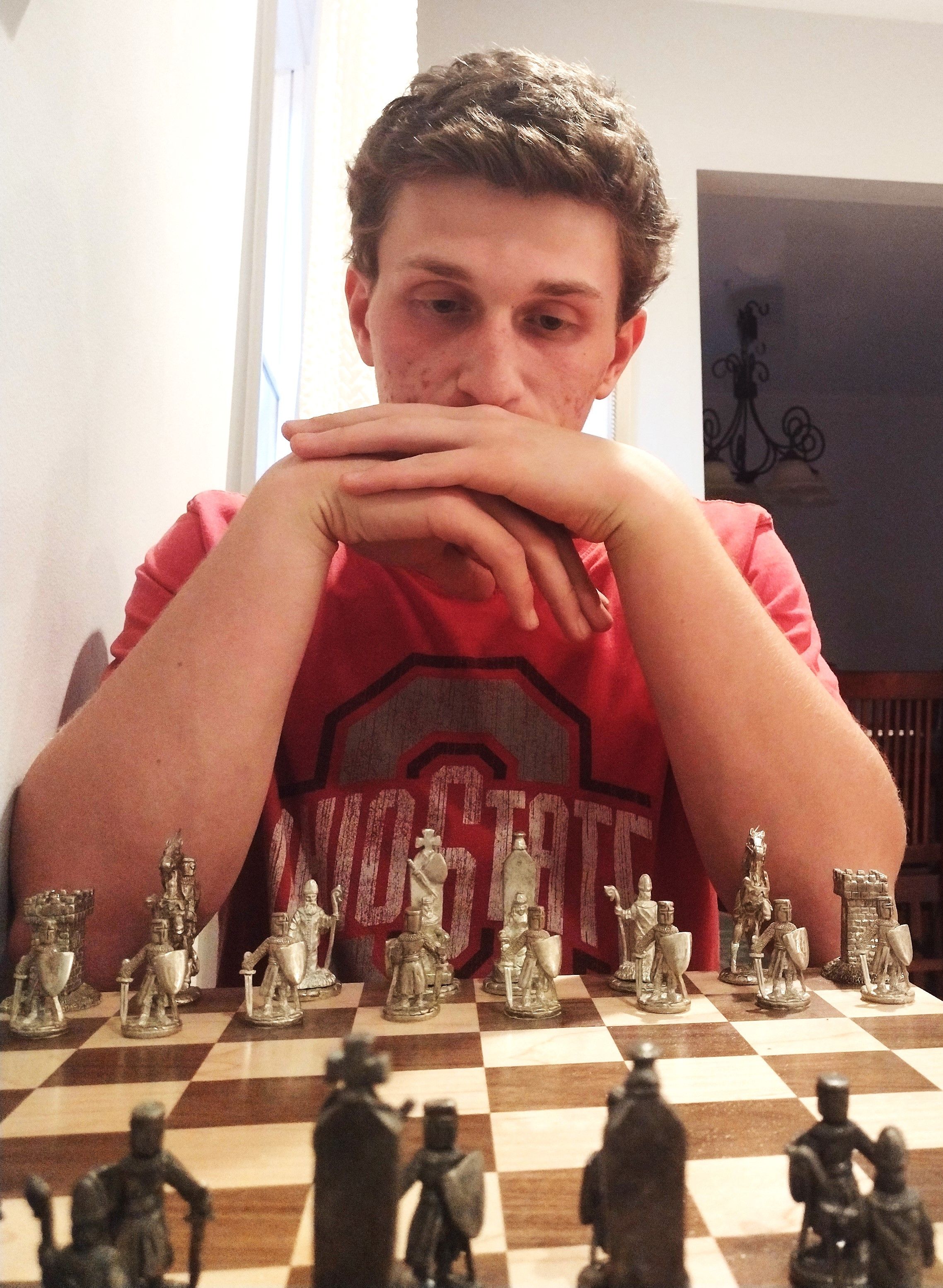
Is there a cap to peak chess performance?
In May of 2014, Magnus Carlsen reached a rating of 2882. This mark has been the pinnacle of chess performance for the past decade. But while reaching this mark is unprecedented, it follows a century old pattern.
Just 33 years ago, Garry Kasparov was the face of chess. He was a multiple time world champion and the first to ever obtain a rating of 2800. Now even Kasparov has been overshadowed by modern talents. Since 1990, 13 players other than Kasparov have reached the 2800 mark.


But as the saying goes, "we stand on the shoulders of giants". Every great player has learned from the work of their predecessors. In chess, this is especially true considering how theory and the development of engines has strengthened the quality of play.
The question we now must ask ourselves now is: "Is there a cap to peak chess performance?"
To answer this question we must use a variety of lenses that are both short and long sighted. One might argue that yes there is a cap because in the end chess will be solved. While that may be true, some mathematicians argue that chess can't be solved. And what happens if chess is solved? Do people stop playing? Probably not. The game would likely change from a game of strategic calculation to one of pure memorization but it would probably be virtually impossible for one player to memorize every single possible move. In the case of chess being solved, there would still be no cap for peak chess performance. As time would go on, players would get better and better at memorizing positions and this trend of "standing on the shoulders of giants" would likely continue.
Let's now look at a world where chess is not solved. Is there a cap to peak performance there?
We could probably predict that the top player in the year 2100 will be better than Magnus Carlsen and that the top player in the year 3000 would be an even stronger player. There are 3 factors at play here: the amount of chess players, talent odds, and a chess progression cap.
First, let's look at total chess players and talent odds. According to the United Nations, roughly 600 million people play chess world wide (“World Chess Day | United Nations”). If we think about it, probably 50-100, young and old, have the potential to maybe reach 2800. But what if everyone in the entire world played chess? That's like 8 billion people! Then the number of players with the potential to reach 2800 would probably increase 8 fold. Additionally, the more people that play chess, the more likely it is for someone to come along and be a 2900 level player or even 3000! Thinking about it in that way, so long as the chess playing population continues to grow, peak performance should continue to increase. On the other side of the coin however, if the chess playing population becomes stagnate, then peak chess performance based on the pure odds of getting an extremely talented chess player would also become stagnate.

That leaves us with the game of chess itself. Earlier I named an idea, "the chess progression cap". I just made up a word for this because I didn't know what to call it but here is the basic principle. Let's say for example that the players of Garry Kasparov's generation determined the theory of the Queen's gambit declined up to the 30th move. This means they found the best move for both sides through move 30. Then the players of Magnus' generation would look at all the possible moves for the 31st move and after deep analysis determine what the best theoretical move is on move 31 of that line. Now what one would guess would happen is that this pattern would continue on and on with future generations adding more and more to theory. But what if Magnus's generation, or any generation for that matter, couldn't find the 31st move? What if that happened with every opening? Wouldn't chess progress come to a screeching halt?
A lot of this analysis has been speculation and asking a lot of questions. If you came to this article expecting a definitive answer, perhaps I have misled you. Sometimes asking questions isn't about definitive answers but about going further down the lines of "What if?".
Thanks for reading!
God Bless!
Sources:
“World Chess Day | United Nations.” the United Nations, https://www.un.org/en/observances/world-chess-day. Accessed 17 August 2023.
